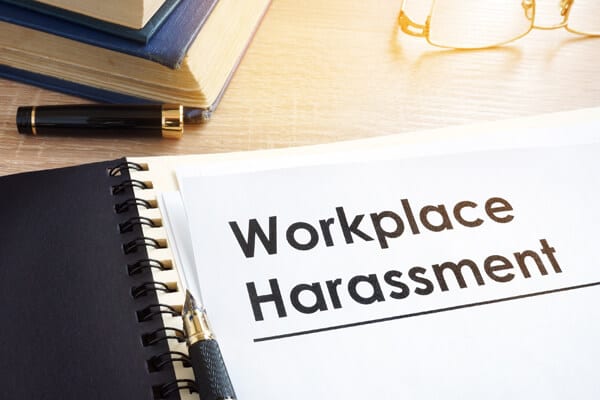Discrimination and Harassment in the Georgia Remote Workplace

Over the last few years, there have been numerous indicators that employers in Georgia and throughout the US were gradually shifting toward the remote workplace. Of course, this trend took an even sharper turn in March 2020 when COVID-19 disrupted the work environment for millions of employees who were sent home to do their jobs. Several months later, the results of an October 2020 Gallup poll revealed that working remotely is no longer the exception to the typical employment arrangement: One-third of US workers always work from home, 25 percent do so from time to time – and approximately 66 percent want to continue.
While you may enjoy the perks of working remotely, including flexibility and freedom from commuting, some of the same employment-related challenges could follow you home. Workplace mistreatment can still be problematic even when employees do not share office space, and some types of misconduct are a violation of your civil rights. You should talk to a Georgia employment discrimination and harassment lawyer about your options, but some answers to common questions may be helpful.
Do federal employment laws prohibit harassment when I work remotely?
The application of the primary anti-discrimination law, Title VII of the Civil Rights Act of 1964, depends upon the size of your employer. If the company has 15 or more employees, you are covered by Title VII protections regardless of whether you work from home or in an office setting. It is unlawful for your employer to discriminate against you on account of sex, and harassment is a form of employment discrimination.
What does sex discrimination and/or harassment look like in the remote work setting?
Physical touching is out of the equation for a remote workforce, but there are other forms of misconduct that amount to harassment. The most common situations of hostile work environments stem from usage of Zoom, Amazon Chime, and other videoconferencing solutions to conduct meetings. Separated by technology, some participants are emboldened to:
- Display offensive pictures or artwork;
- Expose themselves;
- Make comments about others’ attire or appearance; or,
- Engage in other inappropriate behavior
Why is employment misconduct such a problem when employees are working remotely?
Besides the separation among employees, there are a few reasons harassment persists in the remote workplace:
- People feel more casual and relaxed at home, so their behavior may follow. This can lead to unprofessionalism during employee interactions.
- The isolation of the remote environment makes it less likely for other employees to notice or step in regarding harassment.
- Employees mistakenly believe workplace conduct policies and employment laws do not apply when working from home.
What should I do about sexual harassment in a remote working environment?
Your first priority should be contacting a Georgia employment law attorney, though you should also review your company’s policies on how to report harassment. Depending on your situation, your lawyer might recommend submitting a complaint through your employer’s HR department, filing a charge with the EEOC, or other options.
You should note that employment discrimination laws also prohibit your employer from retaliating against you for reporting sexual harassment. Talk to your lawyer if you were terminated or demoted since adverse action could lead to additional remedies.
Discuss Your Options with a Georgia Employment Law Attorney
Regardless of whether you work in a traditional office setting or from the comfort of your home, anti-discrimination laws still protect your rights as an employee. If you were the target of mistreatment as a remote worker, please contact the Vaughn Law Firm to learn more about your legal options. You can call 877.615.9495 or go online to schedule a no-cost case evaluation at our offices in Decatur, GA.



